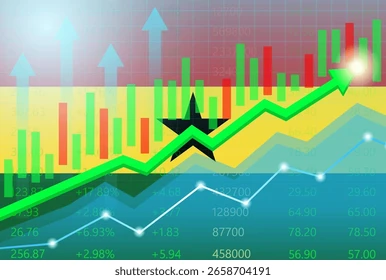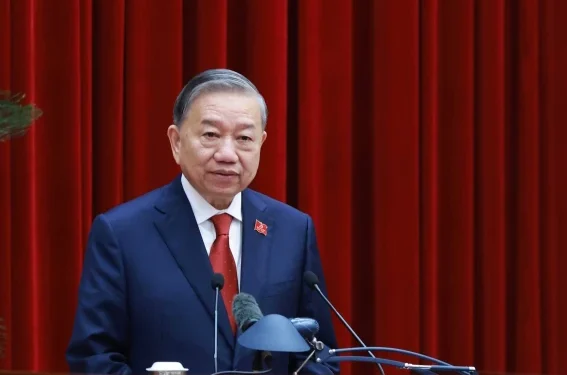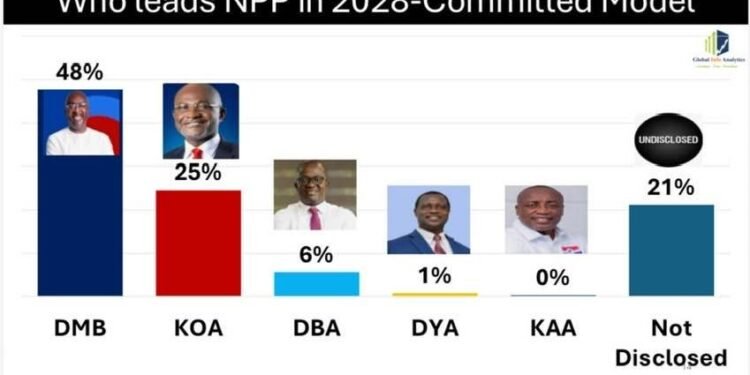The Ghana stock market closed the first quarter of 2022 with a marginal improvement over February’s performance, a sign that investor confidence in the economy is gradually bouncing back.
According to the 1st Quarter report, the Ghana Stock Exchange Composite Index (GSE-CI) ended March 2022 with a loss of 1.67 per cent compared to the previous month’s (February) loss of 3.33 per cent.
Meanwhile, there is an uptick in investor confidence due to strong earnings being reported by listed companies in the month of March. This is evidenced by an increase in activity on the market as the local bourse recorded 2,256 transactions, which is an improvement on that of February.
The earnings season resulted in a flurry of activities, as the volume of stocks that changed hands and their corresponding value were up 591% and 797% respectively in March compared to February.
Per the latest data released by the GSE, the local bourse-traded volume and value were 214.97 million and GHC237.14million, up 272.59% and 389.35% respectively compared to what was traded in the previous month. However, the volume and value traded for the month of March are the highest monthly traded since August 2019.
Consequently, the Accra bourse saw its market capitalisation appreciate by 12 percent on a year-on-year basis to end the first quarter at GHC64billion.
The market was propelled largely by the performance of financial stocks as measured by the Financial Stock Index (GSE-FSI) – which closed the period on a positive note with a return of 1.07%.
This was occasioned by gains in SIC Insurance Company PLC (46.67%), Ecobank Transnational Incorporated (ETI) (30.77%), Guinness Ghana Breweries Limited (GGBL) (6.13%), TBL (5.26%) and ACCESS (4.50%).
Effect of capital gains tax
Market analysts point to re-imposition of the capital gains tax on securities listed on the equities market as having a dampening effect on investor sentiment, a key cause of the lukewarm start to the market this year.
However, managers of the local bourse have indicated an ongoing engagement with the Ministry of Finance, which was described as ‘positive’, to reinstate the exemption when the next full-year budget is presented.
The tax exemption regime formed part of government’s continuous efforts to develop and deepen Ghana’s capital market. Its impact was evident when reinstatement of tax exemptions on capital gains for listed companies in 2016 encouraged investors, particularly local and retail, to actively participate on the market.
Other factors that could be fueling the performance of the GSE-CI during the last month of the first quarter of 2022 compared to the previous month may include selling pressures amid relatively higher yields on fixed income securities; uncertainty induced by inflation and exchange rate pressures; as well as portfolio reversals by offshore investors.
The consensus among market observers remains that the market will see an upsurge, particularly in the third and fourth quarter, albeit not at the same pace as 2021.
READ ALSO: Zenith Bank Unveils New Z-Mobile Ghana App with Enhanced Features























